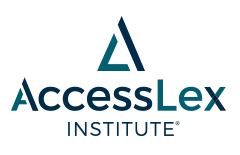
Bar Examinations and Bar Passage
Does Testing = Race Discrimination?: Ricci, the Bar Exam, the LSAT, and the Challenge to Learning
Abstract
Aptitude and achievement tests have been under heavy attack in the courts and in academic literature for at least forty years. Griggs v. Duke Power (1971) and Ricci v. DeStefano (2009) are the most important judicial battle sites. In those cases, the Supreme Court decided the circumstances under which a test could be used by an employer to screen employees for promotion when the test had a negative racial impact on test takers.
The related battles over testing for entry into the legal academy and from the academy into the legal profession have been no less fierce. The assault on testing is founded on an amalgam of postmodernist, industrial organizational, and diversity theory. Leading the charge is the Society of American Law Teachers, which rightly claims that the LSAT, bar exam, and related law school accreditation standards have the effect of disproportionately keeping minorities out of the profession.
But if these tests do measure something useful and are abandoned, there will be consequences — and these are often ignored. They will affect not only parties vying for admissions and jobs but the nation as a whole.




